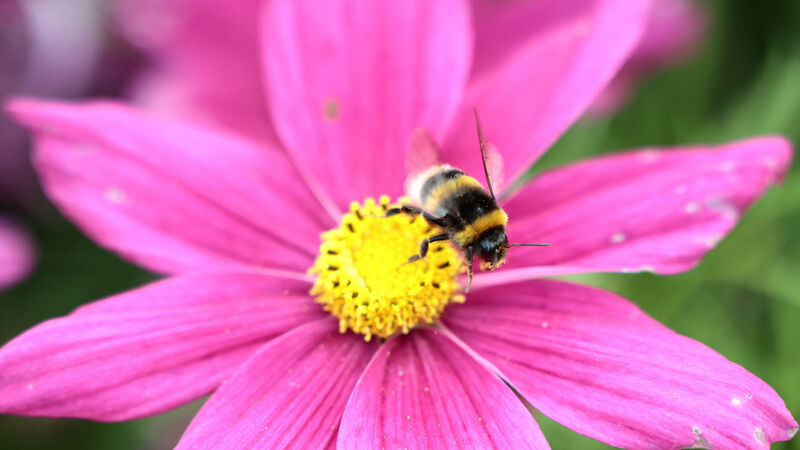Investing in nature is investing in our future

A third of Ireland’s 100 bee species are threatened with extinction alongside 48 species of fish, crustaceans, shellfish, and invertebrates. Picture: Leah Farrell / RollingNews.ie
Try from €1.50 / week
SUBSCRIBE
A third of Ireland’s 100 bee species are threatened with extinction alongside 48 species of fish, crustaceans, shellfish, and invertebrates. Picture: Leah Farrell / RollingNews.ie
The Government finds itself in an enviable position: An already swollen budget surplus has ballooned following a €14bn tax windfall from the drawn-out court case with Apple.
It’s a position in which most countries could only dream to find themselves. The question now is: How will the Government spend it?
Already a subscriber? Sign in
You have reached your article limit.
Annual €130 €80
Best value
Monthly €12€6 / month
Introductory offers for new customers. Annual billed once for first year. Renews at €130. Monthly initial discount (first 3 months) billed monthly, then €12 a month. Ts&Cs apply.
CONNECT WITH US TODAY
Be the first to know the latest news and updates
Newsletter
Sign up to the best reads of the week from irishexaminer.com selected just for you.
Newsletter
Keep up with stories of the day with our lunchtime news wrap and important breaking news alerts.
Newsletter
Sign up to the best reads of the week from irishexaminer.com selected just for you.
Saturday, February 7, 2026 - 7:00 PM
Saturday, February 7, 2026 - 5:00 PM
Saturday, February 7, 2026 - 5:00 PM
© Examiner Echo Group Limited